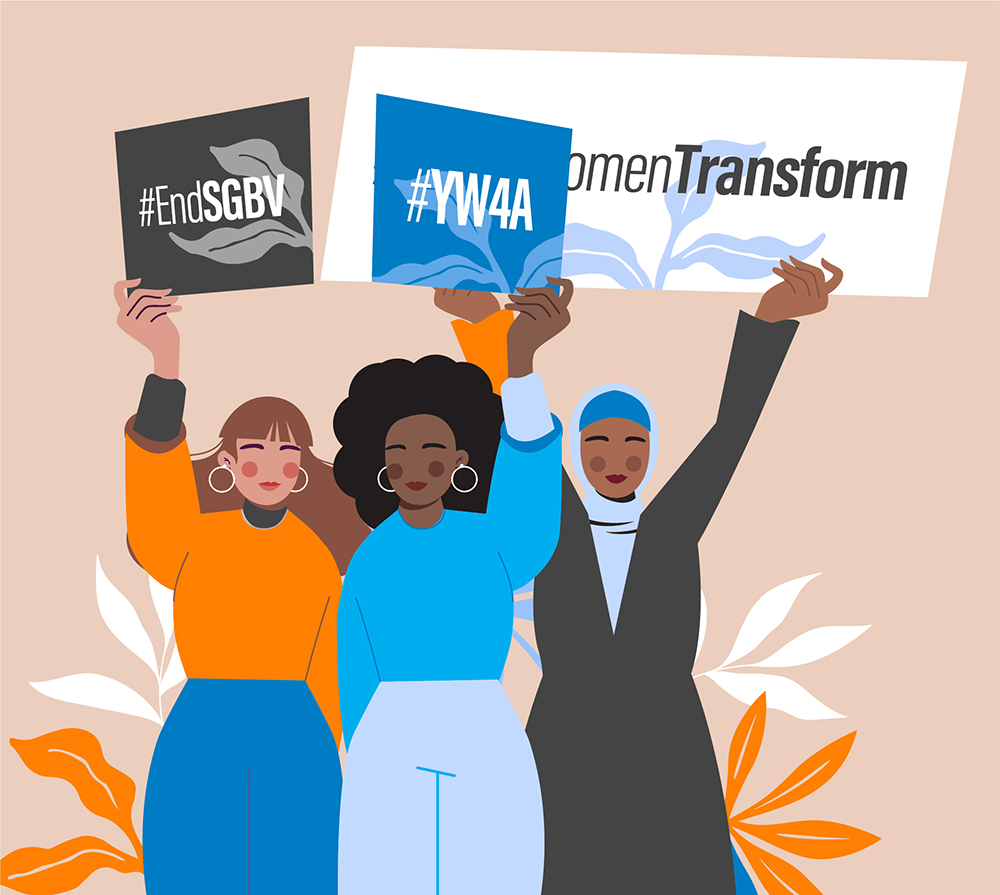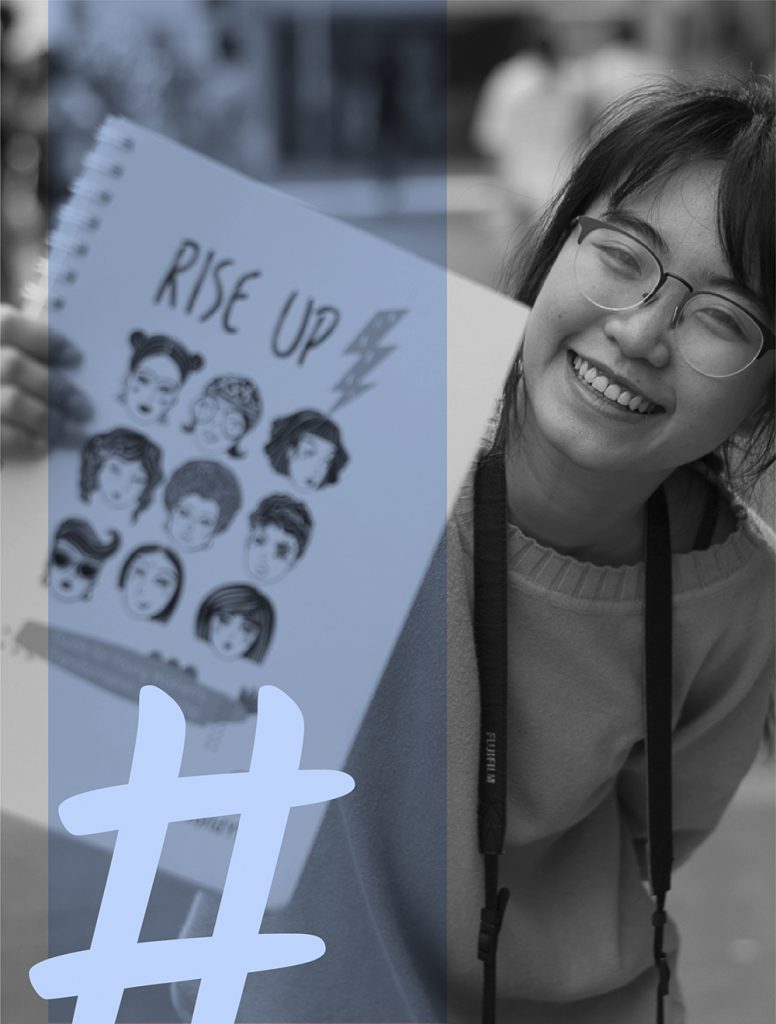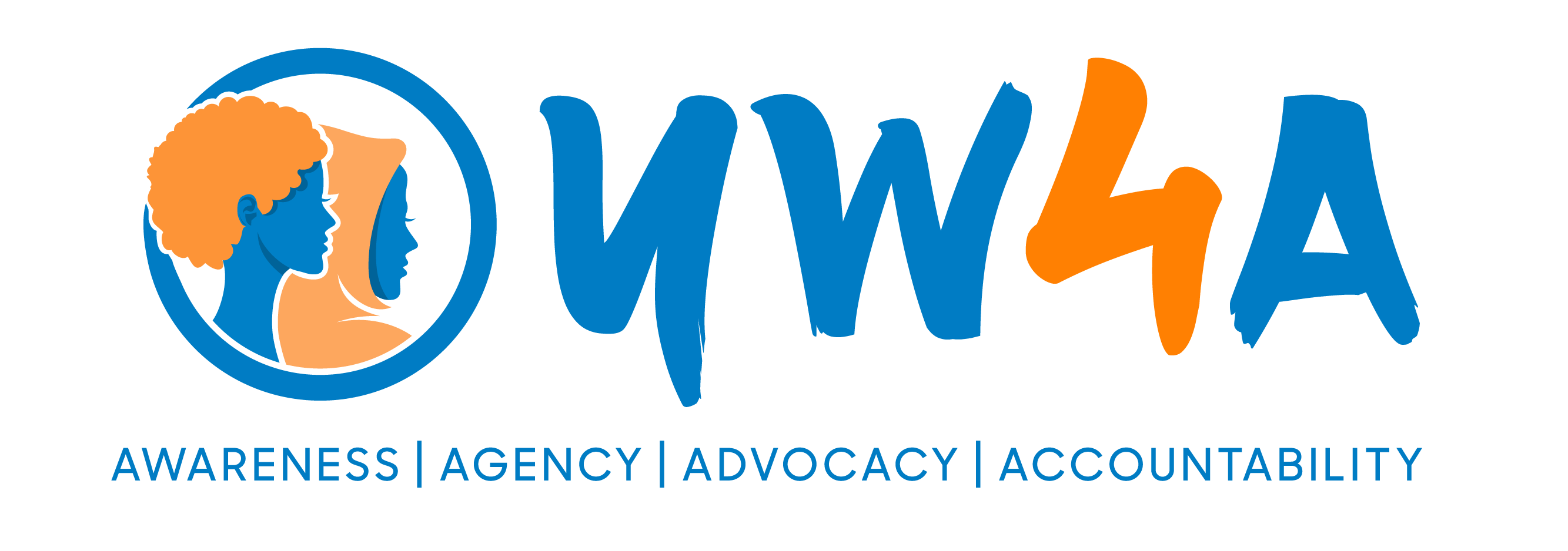About Us
YW4A PARTNERS
The YW4A partnership is a unique collaboration of the Netherlands Government’s Ministry of Foreign Affairs, young women, feminists and gender equality champions, faith-based advocates, gender researchers and legal and policy experts, all coming together to influence political decision-making at all levels.
Why we are partners
IMPLEMENTING PARTNERS
TECHNICAL PARTNERS
Why the
YW4A
partnership
was formed
As girls grow into young women, they increasingly find their voices silenced in patriarchal families, communities and political spaces, and are subject to sexual and gender-based violence (SGBV).
Women in Egypt, Kenya, Palestine and South Sudan face multiple layers of violence and discrimination and lack of full access to human rights. Due to several factors that include patriarchal norms, politics e.g. the ongoing Israeli Occupation since 1967 in Palestine and internal conflict in South Sudan, social and cultural norms that are biased against women’s leadership in social, economic, and political arenas, women regularly face exclusion, discrimination, violence, threats, intimidation, movement restrictions, and all forms of violence. The impact of the rapidly evolving and unpredictable Covid-19 pandemic has further exacerbated these challenges. The gaps in women’s legal protection frameworks and legal status laws, along with the laws regarding women’s leadership and participation in decision-making are still a persistent problem across countries in Africa and the Middle East & North Africa (MENA) regions and social strata within the countries.
Safe spaces, peer networks, intergenerational leadership, widespread promotion of young women’s rights, and support of local communities are key drivers for young women’s leadership in private, public and civic spaces. In addition, ending young women’s exclusion from decision making and exposure to SGBV requires an ecosystem approach that transforms formal and informal norms and behaviour, at multiple levels. The YW4A programme and its partners, therefore, aim to create and enhance an environment where these conditions are met for the realisation of women’s rights.

OVERVIEW
Our mission
The programme strategy is a bottom-up process that strengthens the capacity of young women and local women’s rights organisations (WROs) to take up leadership role, while increasing the civic space through networking, movement-building, and synergies, to amplify their voices and claim their rights.
RISE UP
Looking to the future

